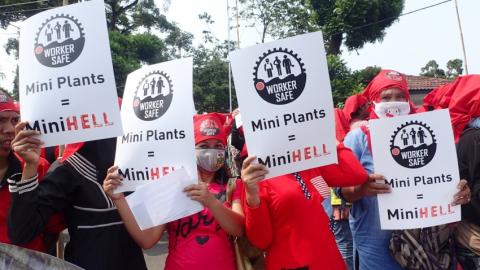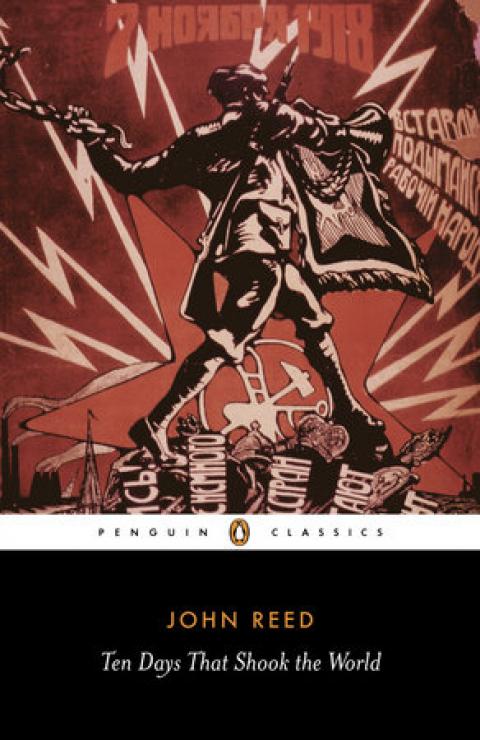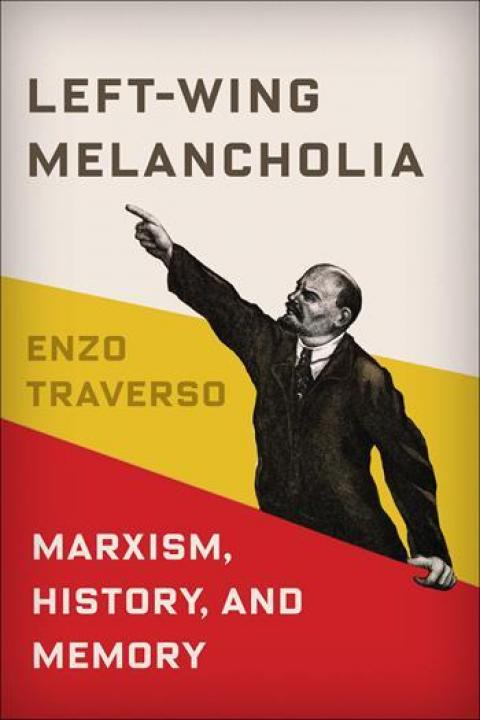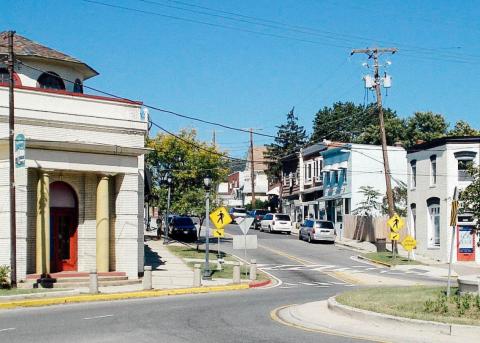Organizers Say Quaint Baltimore Seafood Business Masks Shocking Labor Abuses
In These Times

Phillips Seafood is a Baltimore-based company famous for its crabs. Global and US unions want to make it infamous for its treatment of low-paid women workers. Phillips moved its Indonesian production from urban to rural mini-plants in order to inhibit access to labor law protections and unionization efforts. Closer to home, the company is a major opponent of attempts to raise the minimum wage.










Spread the word